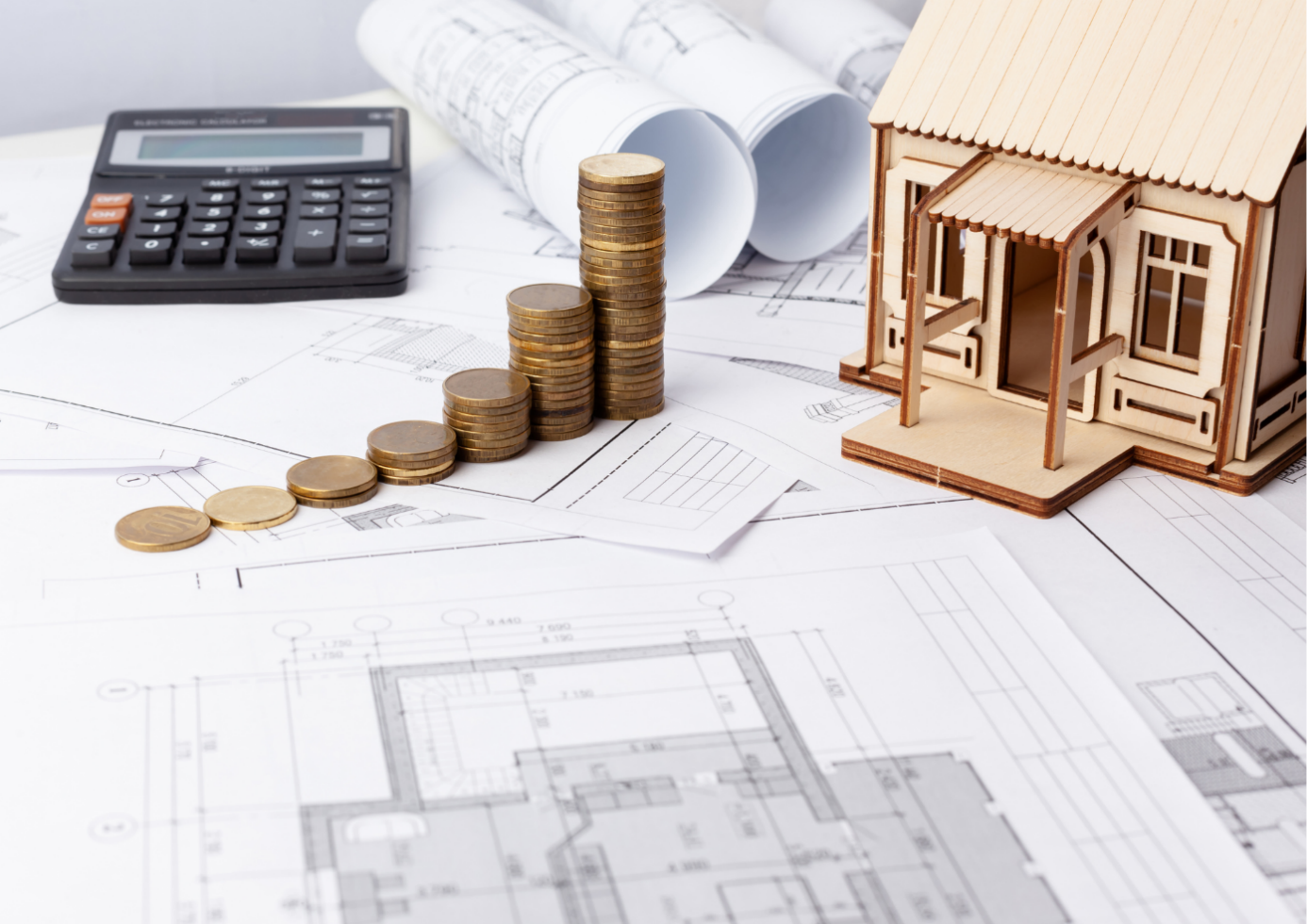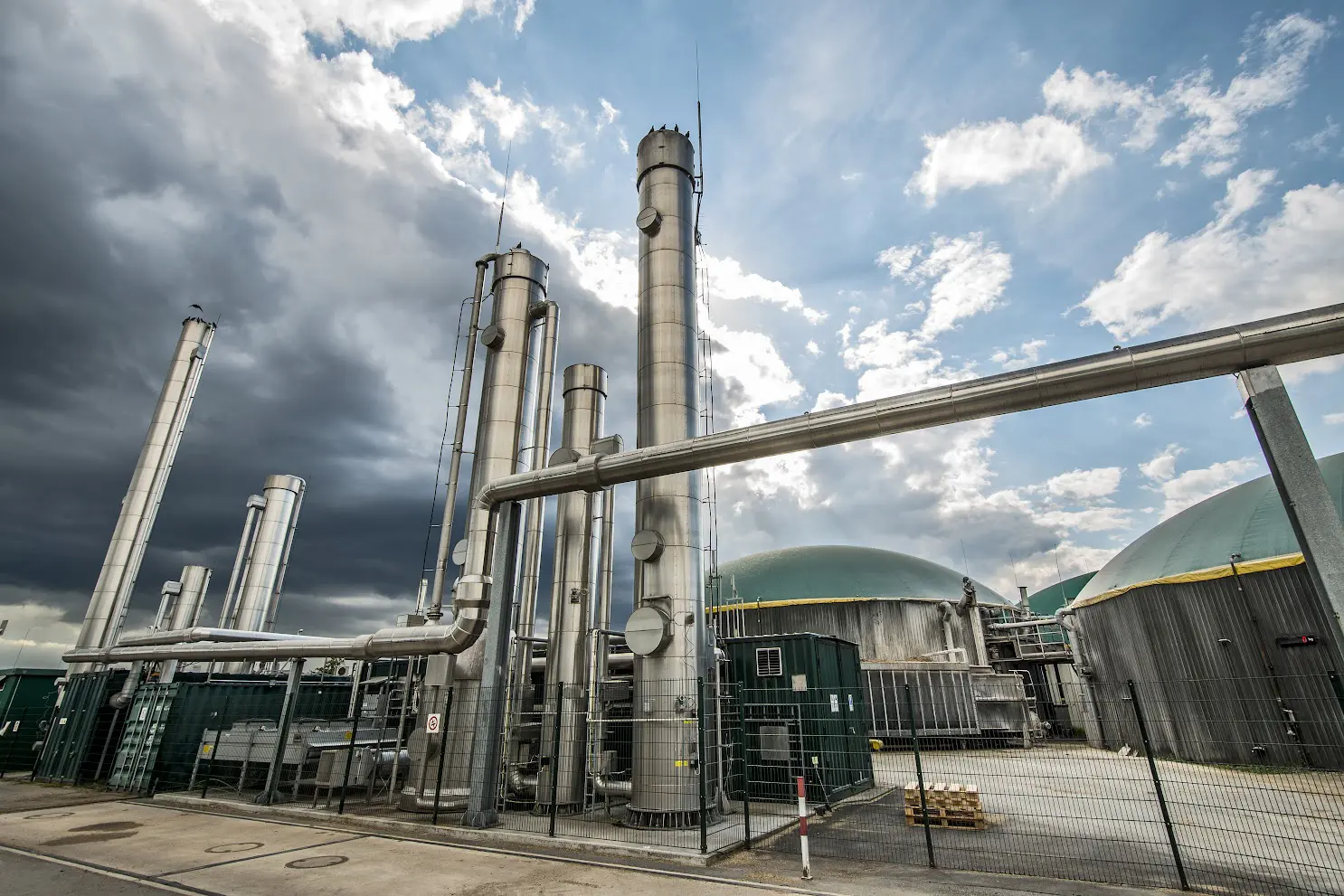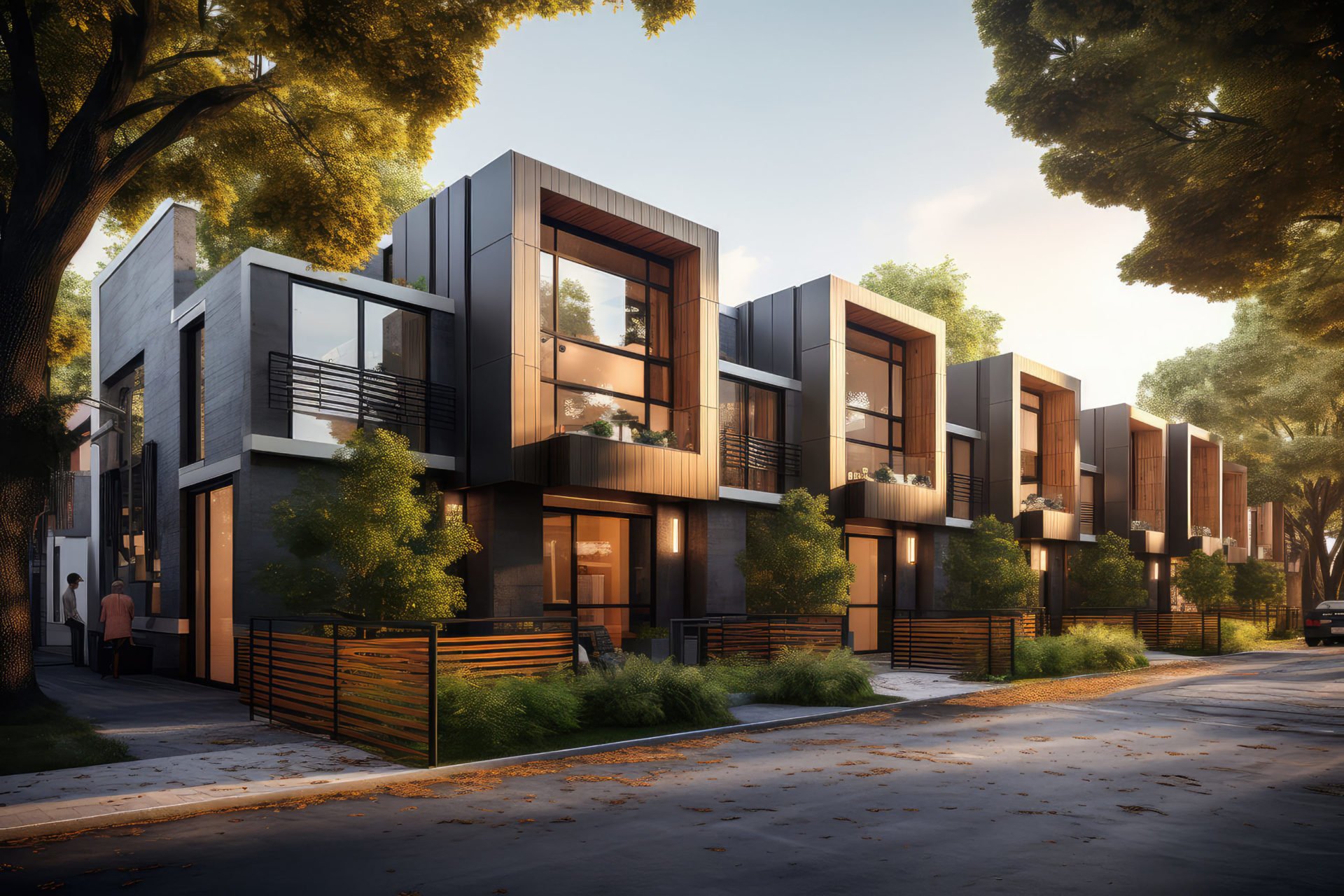Building automation systems
Building automation systems


BMS
What is a Building Management System (BMS)?
A Building Management System (BMS), or a Building Automation System (BAS), is a computerized network that comprises sensors and programmable logic controllers (PLCs) to remotely monitor and control a building’s technical systems. Often perceived as the brain of the building, the BMS monitors and controls consumption and equipment.
The tasks performed by the BMS include:
- Supervision & Testing: ensuring the safety and reliability of equipment by optimizing maintenance operations, including alarm management and repair tracking through detailed historical records.
- Supervision & Control: ensuring occupant comfort while optimizing operating costs (measuring, metering, adjusting and programming equipment).
- Monitoring: measuring building consumption in detail and setting up a monitoring plan.
- Automation: automating certain tasks and ensuring ambient air quality.
A source of savings
By optimizing energy-hungry equipment and adapting it to the building's use, a BMS can help make significant savings on energy bills.
Improving occupant comfort
By tailoring setpoints to users' needs and taking the external environment into account, a BMS helps improve occupant comfort.
Building performance
Optimization makes it possible to remotely monitor equipment, proactively anticipate issues, and swiftly correct any malfunctions when needed.
Reducing your environmental footprint
Automation enables energy savings and helps reduce CO2 emissions.
Your BMS project with E'nergys
We can manage your entire BMS project, whether you're in the private, industrial, or public service sector.
BMS audits
BMS commissioning
BMS integration
User training
AI integration
Tailor-made, turnkey solutions
Need advice on implementing your BMS?
Our team is here to understand and support your needs.




